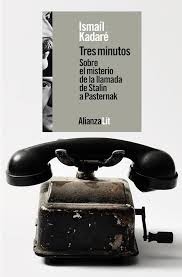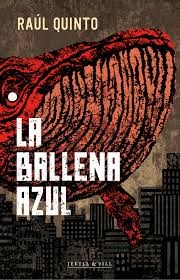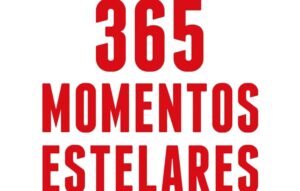
Original title: When rulers quarrel. About the mystery of the Stalin-Pasternak phone call
Year of publication: 2022
Translation: María Roces González
Valuation: Alright
As if what was mentioned at the beginning of the review were not enough, I believe that this is a novel for beginners in the “Kadaré world.” The entire first part of the book is linked to one’s own life and The decline of the steppe godsthe author’s second novel and with which Three minutes It shares settings and a certain theme, which works doubly against the text: for the uninitiated, it is difficult to follow; For the “connoisseurs”, it does not provide anything new.
Thus, the starting point is the “reaction of the Soviet people” (pardon the euphemism) for the award, in 1958, of the Nobel Prize in Literature to Boris Pasternak. Added to these events are Kadaré’s stay in Moscow and the rupture between Hoxha’s Albania and Khrushchev’s Soviet Union, widely narrated in The decline of the steppe gods and revised again for the occasion by the author. In addition to the above, in that first part of the text what will later be the “meat” of the book is interspersed: the famous three minutes of Stalin’s call to Pasternak, back in 1934, to (what exactly: chat, comment, mention, inform?) about the arrest of the poet Osip Mandelstam.
Once this somewhat costly initial section has been overcome, Kadaré resorts to the topic of fictional bibliography to suggest 13 versions of the call: lovers, friends, writers or wives offer variations on what could have happened in those three minutes. It is here where the book takes flight and reminds us of the great Kadaré of other times, the one that explores the relationship between art/artist and power, that investigates the psychology of authors or editors in totalitarian regimes, that talks about fear, fear and absurdity.
Beyond these topics already covered in profusion in Kadaré’s work. Three minutes It is interesting because it also involves work in relation to truth and memory. Because which version is closest to reality? What fragments are closest to what happened? How does time affect our vision of the events? etc.
Despite this improvement in the final part of the text, the feeling remains that Kadaré is capable of greater depth in his analysis, the impression remains that the novel knows little. Surely it is that the level of demand on our part is too high, that Kadaré is already old and is no longer ready for too many trots, or simply that at this point he does what he wants and that’s it. If so, it is good. What the hell!
Source: https://unlibroaldia.blogspot.com/2024/01/ismail-kadare-tres-minutos-sobre-el.html


